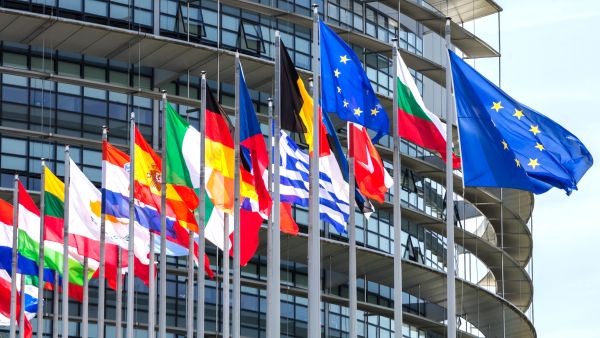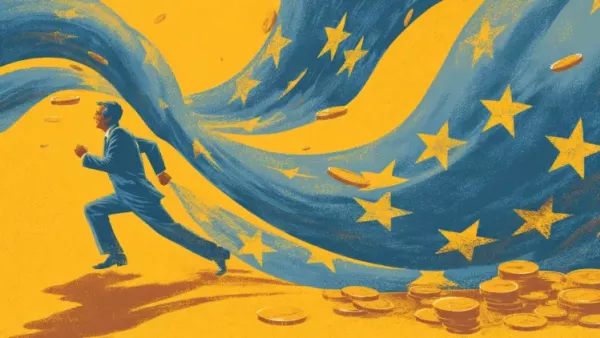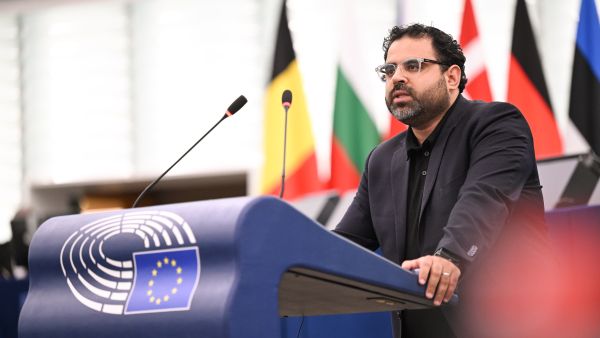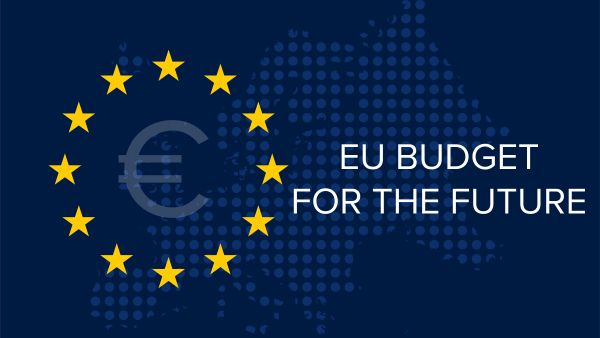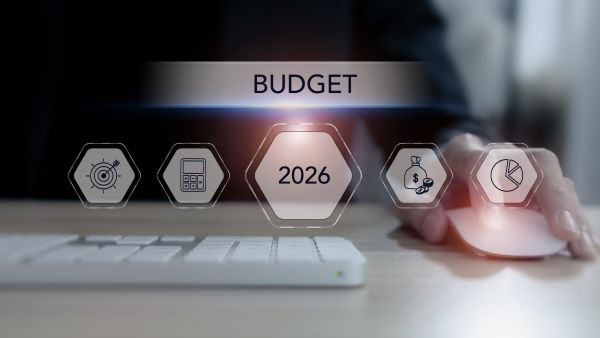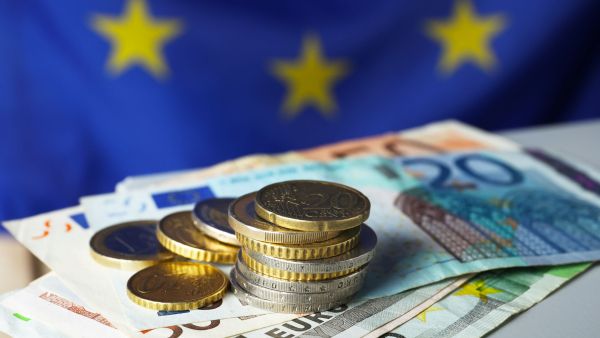Will Blockchain become the infrastructure of the future? Seven years after the launch of Bitcoin, the first and most prominent virtual currency, and venture investments of more one billion, it has become clear that the underlying technology has great potential. Yet, these developments are not without risks.
Today, in a resolution drafted by S&D Euro MP Jakob von Weizsäcker, the European Parliament is calling on the European Commission to set up a taskforce on Blockchain, encouraging the exploration of Blockchain based regulatory tools as part of the RegTech Agenda and recommending the promotion of electronic universal wallets.
Jakob von Weizsäcker MEP stated:
"Virtual currencies and Blockchain technology have a lot of potential. They are not of systemic importance yet but are rapidly evolving. At this stage of the innovation cycle, we should not stifle innovation. But our approach must not be passive, since this technology and its applications will evolve rapidly. Therefore, we call for precautionary monitoring instead of pre-emptive regulation in our report.
"To that effect, we call on the European Commission to establish a taskforce to monitor the further evolution of Blockchain, to provide technical expertise ensuring a timely reaction from regulators if and when needed and to develop stress tests to protect us against potential systemic threats.
"Certain features of virtual currencies bear a potential for money laundering and terrorist financing. This is why we support the suggestions of the European Commission to extend the scope of the Anti-Money Laundering Directive to include virtual currency exchange platforms.
"Government agencies should look into employing Blockchain technology for regulatory purposes as part of a holistic RegTech Agenda. Real time reporting based on Blockchain technology could contribute in closing the present VAT gap of more than 150 billion euros.
"In particular, we want to encourage the promotion of universal and non-proprietary electronic wallets in order to enhance competition and further reduce transaction costs."
Note to editors:
The Blockchain is a decentralised database, stored on multiple servers which allows for rapid and rather secure verification and documentation of transactions without a central clearing party. The participants in the network constantly update the network to reflect the entire history of all transitions and avoid misrepresentations. Bitcoin and other cryptocurrencies are based on this technology.

